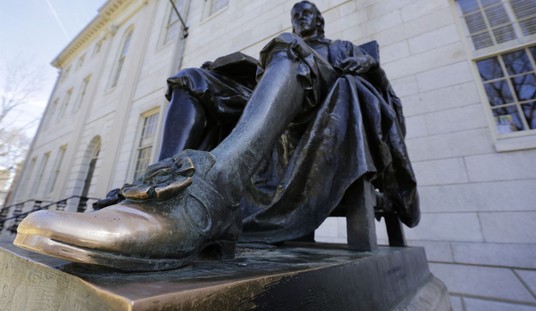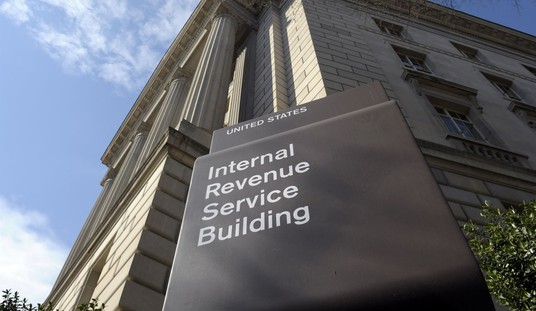It is one thing for a politician to position themselves as being tough on crime. This is a common practice, especially among Republican candidates running for office. But Florida Gov. Ron DeSantis seems willing to reject reasonable reforms to the criminal justice system for political expediency.
Almost a month after the governor criticized the First Step Act, which has been shown to reduce recidivism considerably, he has vetoed a widely supported criminal justice reform bill, highlighting his efforts to position himself to the right of former President Donald Trump. The governor has been emphasizing his tough stance on crime as part of his 2024 presidential campaign, which is why he vowed to repeal the First Step Act.
HB605, the bill in question, would have allowed adults to expunge their criminal records, expanding the opportunity to those who had charges dropped, were found not guilty, or were arrested but not charged. The move disappointed criminal justice organizations and surprised supporters, as the bill had unanimous support in the Florida Senate and only two “no” votes in the House:
Gov. Ron DeSantis on Tuesday vetoed a bill that would allow adults to get their criminal record expunged even if they had an expungement as a juvenile.
Under current Florida law, someone cannot get their criminal record expunged as an adult if they had an offense scrubbed as a juvenile. The bipartisan bill, HB605, would give someone a second chance, so long as they weren’t charged for the previous crime as an adult. It was approved nearly unanimously in both the House and the Senate.
…
This year’s bill, HB605, would apply only to people who were arrested but had charges dropped, who weren’t charged by prosecutors or who were found not guilty. People who had their charges dismissed because they were found incompetent to stand trial would not be able to apply for expungement under the bill.
So, to break it down, DeSantis vetoed a bill that would have allowed those who hadn’t been convicted of a crime to expunge their record of their arrests or charges. This will make it harder for them to obtain employment even if they did not commit a crime.
State Rep. David Smith, a Republican who co-sponsored the bill, said in May that he sees it as a way to let people “work at the highest level they’re capable of” and noted that it would help to solve worker shortages in the Sunshine State.
“These are people who have never been convicted of a crime in Florida,” Smith said.
After learning that the bill was vetoed, he told The Tampa Bay Times that he is “disappointed” but that he remains “committed to good justice reform policy that gives deserving Floridians second chances.”
So why would DeSantis veto what appears to be a slam dunk of a bill? Does it not make sense to allow folks to expunge their records if they were never convicted of a crime? Apparently not, according to a report:
Some of the governor’s advisers, however, said the move was consistent with the message he wants to send as a tough-on-crime presidential candidate.
“Gov. DeSantis has always been a law and order leader. While well-intentioned, he seems worried about the ratification of a more lenient view on criminal records,” one adviser familiar with his thinking said.
“The California and Soros prosecutor’s view is not what he wants for Florida,” the person added, referring to the liberal billionaire George Soros, who has been backing progressive prosecutors in elections all over the country.
Another DeSantis supporter said signing the bill into law could have sent mixed signals and opened “him up to criticism since he’s been vocally against Trump’s First Step Act.”
So, it appears that DeSantis vetoed the measure because he was concerned with how it would make him look to the conservative voting base. This is quite odd given the fact that most conservatives supported the First Step Act, which is an even more extensive piece of criminal justice reform legislation than the Florida bill.
By rejecting this bipartisan legislation, DeSantis has ignored an opportunity to address the flaws in the current system and provide individuals with a chance to rebuild their lives. The only argument I can think of in favor of the veto is that it could have unintended consequences. Expunging criminal records, even for those who were not charged or found guilty, may supposedly hinder law enforcement’s ability to effectively assess an individual’s background during investigations.
This is a stretch and not a very good argument. In our justice system, one is innocent until proven guilty. If the state did not bother to charge someone, or if they did not prove guilt, then it should not be able to find other ways to punish the individual by leaving the charges or arrest on their record so that they have trouble obtaining employment or housing.
To put it simply, there is absolutely no valid reason to force someone to carry something on their record when they have not been convicted of a crime. From a liberty perspective, this is a violation of rights – the state should not be allowed to punish someone for a crime they were only suspected of having committed. The fact that this veto was likely done to boost DeSantis’ political aspirations makes it even more troubling.














Join the conversation as a VIP Member